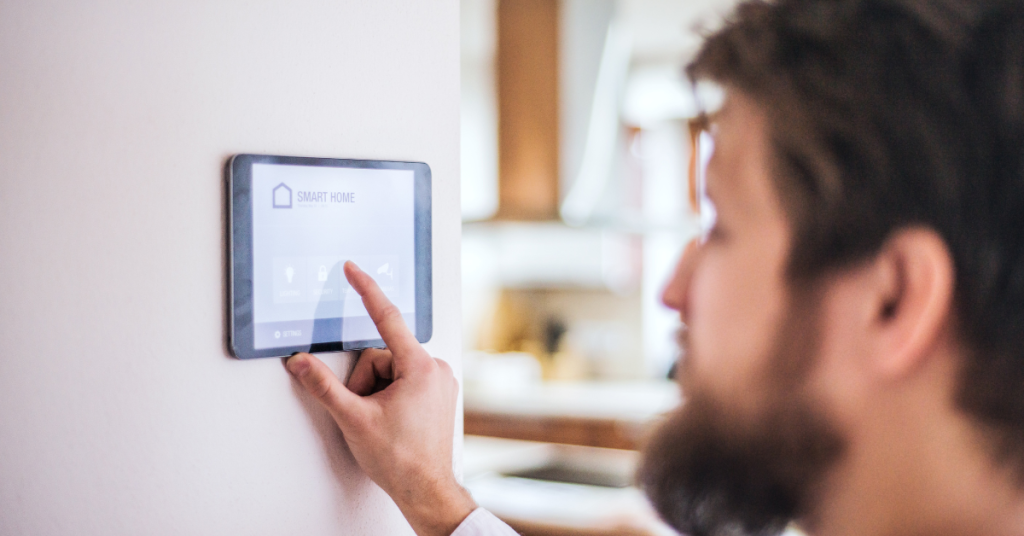Smart devices have become part of our everyday lives. From voice assistants and connected thermostats to health trackers and security cameras, our homes are filled with technology that promises comfort, energy efficiency, and convenience. But with every connected device comes a question that cannot be ignored: How safe is our personal data?
In this article, we will explore the challenges of data privacy in smart devices, the role of companies in protecting users, and how users themselves can take responsibility. The aim is to find a balance—between enjoying the benefits of smart technology and keeping control over personal information.
The Rise of Smart Homes and Data Dependency
Smart homes thrive on data. Devices learn from user habits: when you wake up, how warm you like your living room, when you leave for work, or how often you exercise. These insights enable devices to act proactively, saving energy, reducing costs, and even improving health.
Yet, all of this depends on the continuous collection and processing of data. That means the more connected our home becomes, the larger the digital footprint we leave behind.
This dependency on data raises critical concerns:
- Who owns the data?
- Where is it stored?
- How is it used — or misused?
Risks Users Should Be Aware Of
Smart devices can expose users to risks if privacy is not taken seriously. Among the most common issues are:
- Unclear Data Ownership – Many users don’t know if they truly own their data or if it belongs to the manufacturer.
- Inadequate Security Standards – Weak or outdated security practices make devices vulnerable to hackers.
- Third-Party Sharing – Data can be sold or shared with partners, often buried in lengthy privacy policies.
- Data Overcollection – Some devices gather more data than necessary, increasing potential misuse.
These risks highlight why data privacy is not just a technical issue but a matter of trust.
What Companies Can Do Differently
Companies that produce smart devices play a central role in creating safe digital environments. To build trust, they need to:
- Be transparent: Clear communication on what data is collected, why, and how it is stored.
- Apply “privacy by design”: Integrating privacy measures directly into the product development process, not as an afterthought.
- Limit data use: Collect only what is essential to provide the service.
- Offer user control: Provide users with options to delete data, adjust permissions, or turn off certain features.
At eCozy, the approach has always been to balance functionality with user trust. Smart devices can indeed improve our lives, but only when users feel safe using them.
The Role of Users in Protecting Themselves
While companies must take the lead, users are not powerless. There are practical steps every individual can take:
- Read settings, not just features. When installing a new device, review privacy options.
- Secure your network. Use strong passwords and update your router to prevent unwanted access.
- Update devices regularly. Software updates often include critical security fixes.
- Question what’s necessary. Not every device needs microphone access or geolocation enabled.
Awareness is the first line of defence. The more users know about their devices, the safer their digital homes become.
Towards a Balanced Future
The future of smart technology depends on finding the balance between innovation and protection. Devices should serve people without exploiting them. Regulations such as the GDPR in Europe have already made important progress by enforcing higher privacy standards. But laws alone are not enough; trust must be earned every day through responsible design and transparent communication.
In the end, smart devices are not just about connecting objects—they are about connecting people to technology in a way that respects privacy and freedom. That balance is the true definition of a smart home.
Conclusion
Smart devices will only continue to grow in presence and capability. The challenge lies in ensuring that this progress does not come at the cost of privacy. Companies, users, and regulators all share responsibility for shaping a future where smart homes are both safe and innovative.
At eCozy, this balance is more than a principle—it is part of the company’s mission to make homes smarter and safer at the same time.
